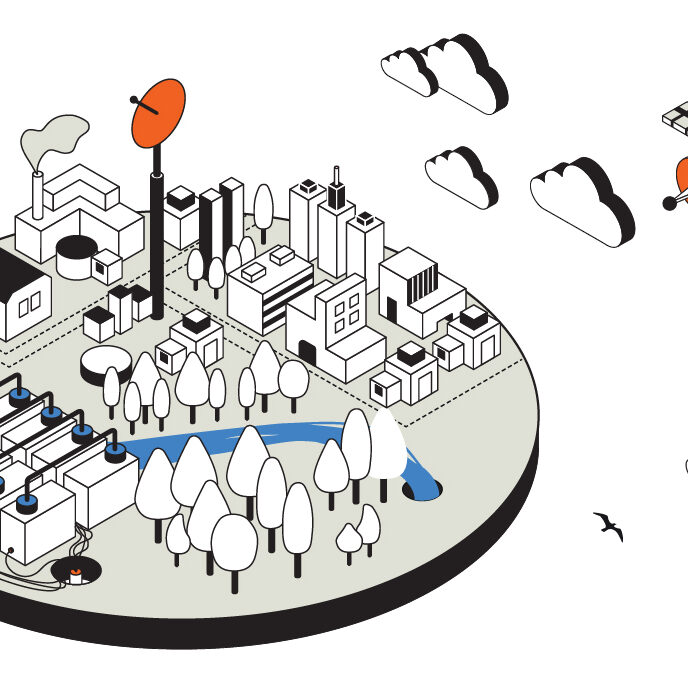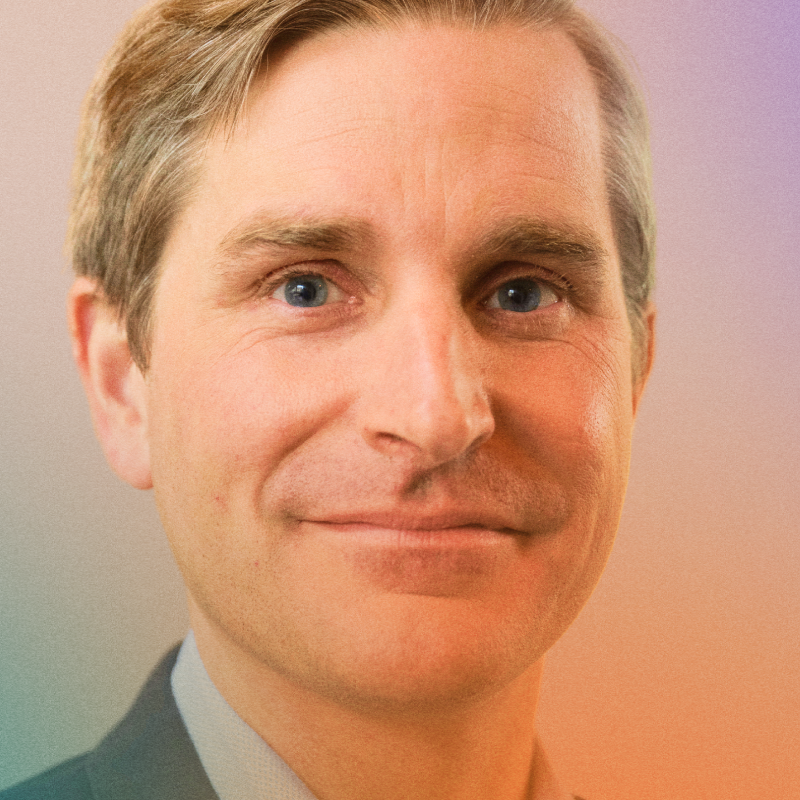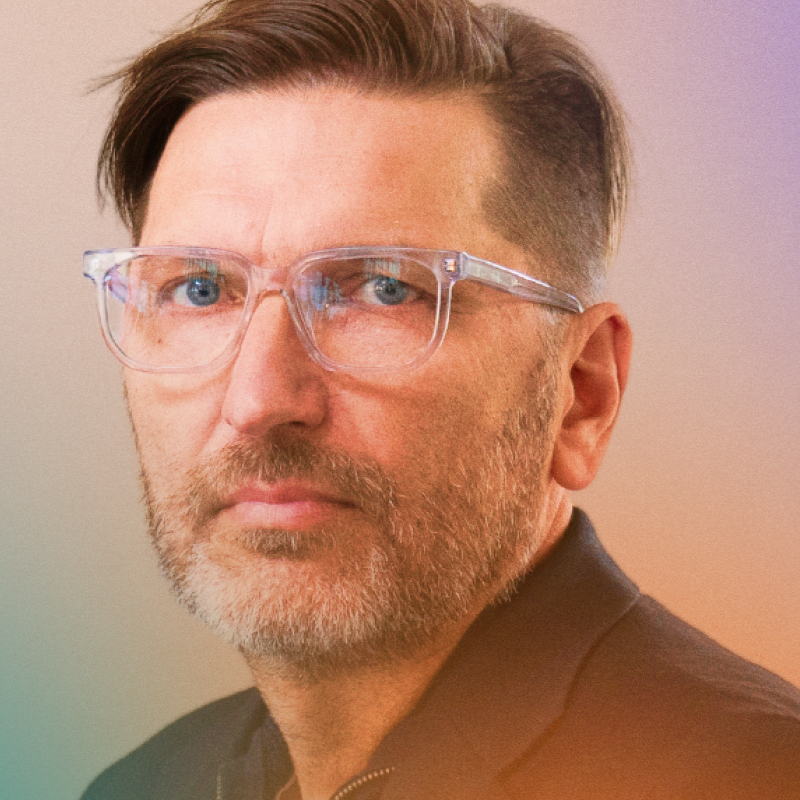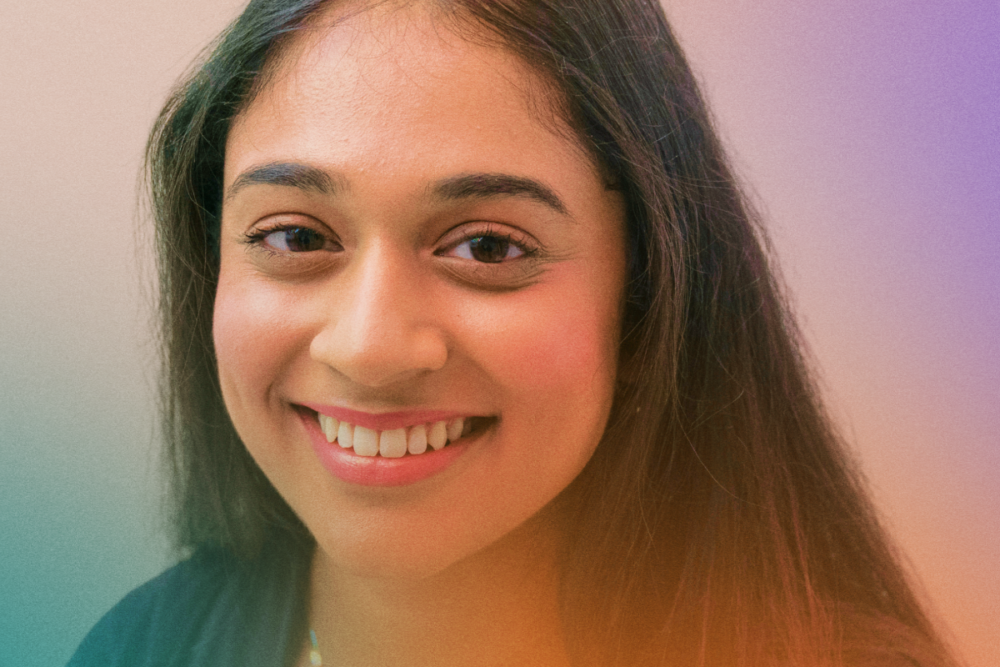
Entrepreneur Trisha Prabhu dishes on technology’s evolution, AI and her early career success
At Mozilla, we know we can’t create a better future alone, that is why each year we will be highlighting the work of 25 digital leaders using technology to amplify voices, effect change, and build new technologies globally through our Rise 25 Awards. These storytellers, innovators, activists, advocates. builders and artists are helping make the internet more diverse, ethical, responsible and inclusive.
This week, we chatted with winner Trisha Prabhu, an award-winning innovator, social entrepreneur, technologist and advocate that has combatted cyberbullying and online hate since the age of 13 to make the internet a better place for everyone. We talk with her about the evolution of her app to stop online hate, ReThink, her growth as a professional through college at Oxford and Harvard, her biggest inspirations and how she views the future of the internet.
How has ReThink evolved its technology from the early days in 2013 to adapt to an online climate in 2024, where the internet has flooded with more hate speech and bullying?
I think ReThink has evolved in two key ways. So first, I’ll say one of our biggest advantages is that we are platform-agnostic. So, because the technology is a keyboard, and it works at the keyboard level, we’re able to work across any platform, whether it’s social media, to email and text. That ended up being really handy for us because when I developed and designed the technologies and keyboard way back in 2013, I had no idea that the internet was going to play the role that it does today in our lives a decade later.
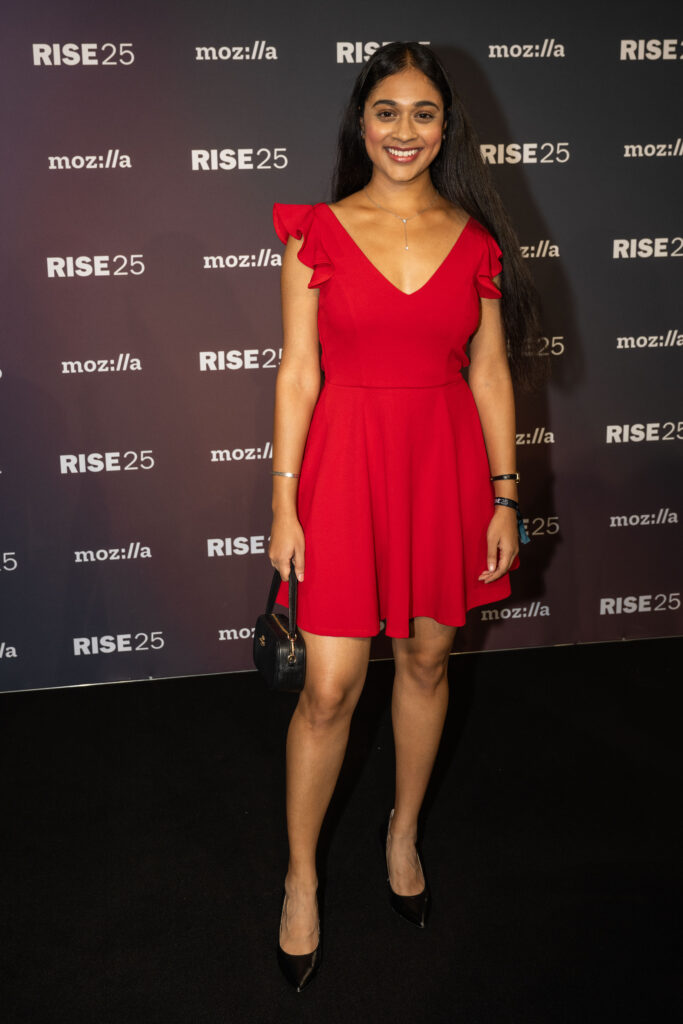
In terms of how things have changed and what we’ve had to kind of account for over the last decade, I think one big change has definitely been the type of cyberbullying that we see. When I first started this work, it was very text based — people using text to say mean things to each other. Certainly with the advent of AI (artificial intelligence) now in the last year, we’ve seen how image and video based harassment has become much more pervasive — people using memes, people using explicit images to bully, to harass, and to intimidate other people. One thing that we really had to adapt to and what we’re currently working on now is developing ReThink for detection of offensive images and videos, acknowledging that the way that people are harassing each other are changing. No doubt that work is going to continue.
As we think about the metaverse, something that I’m really worried about is a world in which — and we’ve already had instances that this happened — users can be physically harassed right in the metaverse. It’s a completely different level of harm. As the harm itself evolves, we’ve been evolving.
Another thing we’ve had to do is adapt the languages that we think are available and then the populations that it can serve. ReThink as it was developed 10 years ago was available in english. Today, on the Google Play Store, we’re available in nine languages. So, that’s been a huge evolution, to make the technology available for all those populations and think about the ways that cyberbullying is manifesting in these different contexts.
What do you think is the biggest challenge we face online this year, and how do we combat that?
I think the biggest issue that we face online this year would have to be the threat of AI to democracy and elections, just because there’s so much of the world that is voting in elections this year. Most recently, we had the Taiwanese elections in January. And, of course, here in the U.S., we’re going to have our election in November. I think that that is an issue that definitely stands out to me.
It’s not one that’s directly related to my work, but there are other issues that are constants. Child sexual exploitation, that’s an issue I do a lot of advocacy work on, and that’s an issue that remains constant and extremely important every year.
But if there’s one issue that I’d single out and say is very particular to this year specifically, it’s that it’s kind of the first year that we’re going to see our democratic institutions and these new (AI) technologies interact. I’m concerned, but I’m also hopeful in the sense that a lot of people are paying attention to this. So I think that this can be a really powerful year for learning and a chance to identify harms where they’re happening and hopefully take action.
“I think the biggest issue that we face online this year would have to be the threat of AI to democracy and elections, just because there’s so much of the world that is voting in elections this year.”
Trisha Prabhu
You’ve achieved a lot of success at a very young age before you went to the University of Oxford and then Harvard. When you look back at that time in your life, what do you wish you would‘ve known about entrepreneurship as a teenager? How did your college experience refine the work that you do now?
There are probably two things that I wish that I had known at that age that I definitely didn’t know. One was that, in entrepreneurship, failure is not a bad thing. It really is such an iterative process. For every success that I’ve had with ReThink, we’ve had so many moments of something not working, something not going through, us trying to figure something out. Certainly the work that we do, it’s so critical that we get it right. It’s so critical that we’re thinking about language in a really precise way, in a really nuanced way. It’s so critical that we’re thinking about what are the key concepts that we need to share with youth about anti hate and digital literacy? I figured, like a lot of young people — and a lot of people generally — that if you fail at something, that means you must not be good at it or that it’s not working. And I think with entrepreneurship, there just needs to be a comfort with failure and a willingness to be open to learn from it. The best entrepreneurs are those that do that. I think some of the challenges we’ve seen on the internet today are not necessarily because of a discomfort or a failure, but an unwillingness to learn from it. I think that’s definitely something that I’ve learned since.
Another thing that I didn’t know was that you don’t need to have a formal business education to be a great entrepreneur. I figured the best entrepreneurs were the ones who had gotten an MBA and had the fancy background. But the truth is, you can learn a lot on the job and you know your product and your mission, and you know the people that you’re trying to serve the best. Especially when you’re one of the people coming from the community that you’re trying to serve, and you have lived experience with the issue. That will take you so much further than an MBA ever will. I always felt a sense of insecurity of “I don’t have this formal training,” but I wish I could tell myself that what I did have, which was a knowledge of the ecosystem and the issues in a way that no adult in the room did, was tremendously more powerful.
“My vision was, can I create an anti hate digital literacy resource that is written to youth in their voice that is actually something that as a 10-year-old, I would have wanted to read? That is fun, that is engaging, that is interesting. And so that was really what gave birth to ReThink The Internet.”
Trisha Prabhu
In terms of how college refined me, I think college was a time and an opportunity for me to start to get some of that formal education, and it was really, really powerful and helpful. But it also led me to say, “Hey, I actually did pretty good for not knowing all of this stuff.” It was the moment of realization that this is very powerful, and I’ve learned a lot. But also, “You can do a lot.” One of the biggest things I learned was that we are at the core of our education. So much of what I learned in school was not in the textbook. It was in conversation with other students or interrogating my own thoughts or perspectives. Recognizing your own source of power as an agent for change, as opposed to thinking that there is some prescribed way to make an impact, but that’s something that college affirmed for me that I didn’t really know as a young person that I would definitely tell myself now. You just have so much more capability and ability than you realize.
Obviously, you’ve won many different awards. You’ve received a lot of recognition. You’ve traveled to a lot of different places — Shark Tank, the White House, TED Talks. Is there one experience you’ve done that surprised you or felt really special to you?
A lot of things come to mind, including Mozilla’s Rise 25 award. If I were to pick something, I’d probably say the TED Talk that I did in India back in 2017. I went back to Mumbai, and it was actually a talk that I delivered in Hindi, which is not my first language. So, it was an interesting offer because it was a chance to talk about an issue that in India is very stigmatized — cyberbullying and mental health — to an audience that wasn’t maybe necessarily ready to hear the message and from someone who is not from the country. It surprised me because it was a chance to challenge myself. It was a chance to push myself out of my comfort zone to deliver a talk not in my native language. And it was also a chance, I think, to push the folks that I was speaking to out of their comfort zone and to say, “Hey, these aren’t topics that we talk about that we need to.” In the end, through that partnership with TED, they actually worked with a local television program in India and were able to televise the talks to 650 million Indian viewers, which is incredible. It was part of changing narratives of how we see certain issues. That was really powerful to me because it was anti hate advocacy in its most impactful form.
I think to be able to do that work in a space where so few people were talking about these issues and know that I was igniting conversations, that felt really gratifying and super important. And it was awesome for me personally to have to push my own boundaries and kinda step out of my comfort zone a little.
We wanted to ask you about your book, “ReThink the Internet: How to Make The Digital World a Lot Less Sucky.” What inspired you to do that in 2022 at that point in your career? What was the most challenging part of that book to write?
The inspiration for the book came from my experience traveling globally and talking with youth about the anti hate educational experiences they had, and coming away with this common thread, which was that it’s just so boring. (They think that) internet education is not exciting, it’s not interesting. (Youth felt that) It’s not engaging to me, I don’t like the resources that I’m being presented with, it makes us tune out.
And so my vision was, can I create an anti hate digital literacy resource that is written to youth in their voice that is actually something that as a 10-year-old, I would have wanted to read? That is fun, that is engaging, that is interesting. And so that was really what gave birth to ReThink The Internet.
It’s structured less as an educational guide and more as a series of seven fun vignettes and stories that teach seven lessons about responsible digital citizenship, but also offer opportunities for actually putting those lessons into practice, reflecting critically. So it’s a really nice balance, and the biggest piece of feedback I’ve heard is, “Wow, I actually really enjoyed reading this, and I went to it.” That was my vision, I wanted to create something young people actually liked.
What was the hardest part? It was probably thinking about how to do that. It was thinking back to me at, like, 10, 11, 12, like, what got me into a book. And how do I take these really complex topics like distinguishing inaccurate or misleading information from true information on the internet. How do I take a really big topic like that and make it accessible to a young audience and make it fun? So it was a lot of talking with young people about their experiences, reflecting on my own and brainstorming in creative ways to share stories that young people could resonate with.
Where do you draw inspiration from in continuing the work that you do today?
I draw inspiration from the young people that I work with. That is the young people who I have a chance to serve through my work with ReThink, who I advocate with for better internet. There are still so many young people who are suffering online because of internet harms. We see it today — there was a Senate judiciary hearing with five big tech CEOs testifying about youth safety. But there are so many young people who are survivors of internet challenges, parents that are survivors of internet challenges. And they, to me, are my constant inspiration and reminder that this work is not finished and that we have so much more to do and that we’ve got to press on and keep working for a better digital universe.
“Way back when Web 2.0 was being launched, we didn’t have a diverse group of technologists creating our digital world. I think today, we’re starting to see that paradigm shift, where those voices are finally starting to be invited into the fold, and also we’re starting to demand our seat at the table.”
Trisha Prabhu
What is one action that you think everyone should take to be able to make the internet a little better?
I guess this is very consistent with my work, but I genuinely do think it’s a really small and yet super powerful thing that everyone can do: just to pause and think before you post and share. And that’s not just with respect to what you’re saying, but it’s even with respect to an article that you might be sharing. A lot of people don’t think of retweeting an article as a form of cyberbullying or hate, but depending on what you’re amplifying, especially if you haven’t taken the time to read that article, you might be inadvertently contributing to the spread of information that is less than the gold standard. If you’re composing a tweet or a message, you might say something in the heat of the moment looking at a phone instead of someone’s face that you regret later that you never say to someone in person. If everyone can just take a second to pause and think before they say something, I imagine our internet would look very different.
We started Rise 25 to celebrate Mozilla’s 25th anniversary. What do you hope people are celebrating in the next 25 years?
I hope people are celebrating an internet that is more kind and an internet that celebrates difference and affirms people as they are. An internet that protects and safeguards our rights. And Mozilla has really been at the forefront of that fight, protecting people’s privacy, protecting people’s agency, protecting people’s right to have the digital experience that they want to have. I hope that the next 25 years are spent celebrating an internet where users are at the forefront of our digital experience and that it is one that is fundamentally safe, free and on.
What gives you hope about the future of the internet?
I think what gives me hope about the future of the internet is the number of incredible young people, and members of historically underrepresented communities, that are stepping up and demanding a seat at the table when it comes to building a better internet and when it comes to building technologies of the future. I think that gap is one of the biggest reasons that we’ve seen so many internet harms today, being that we didn’t have young people that were a part of that process. Way back when Web 2.0 was being launched, we didn’t have a diverse group of technologists creating our digital world. I think today, we’re starting to see that paradigm shift, where those voices are finally starting to be invited into the fold, and also we’re starting to demand our seat at the table. And we’re starting to — as activists, as technologists, as builders, as creators, as visionaries — see the internet that we want and start putting it into place. I think that that gives me a lot of hope because with our perspectives and lived experiences at the forefront, I think we really can create an internet that belongs to everyone.
